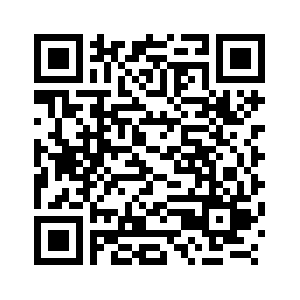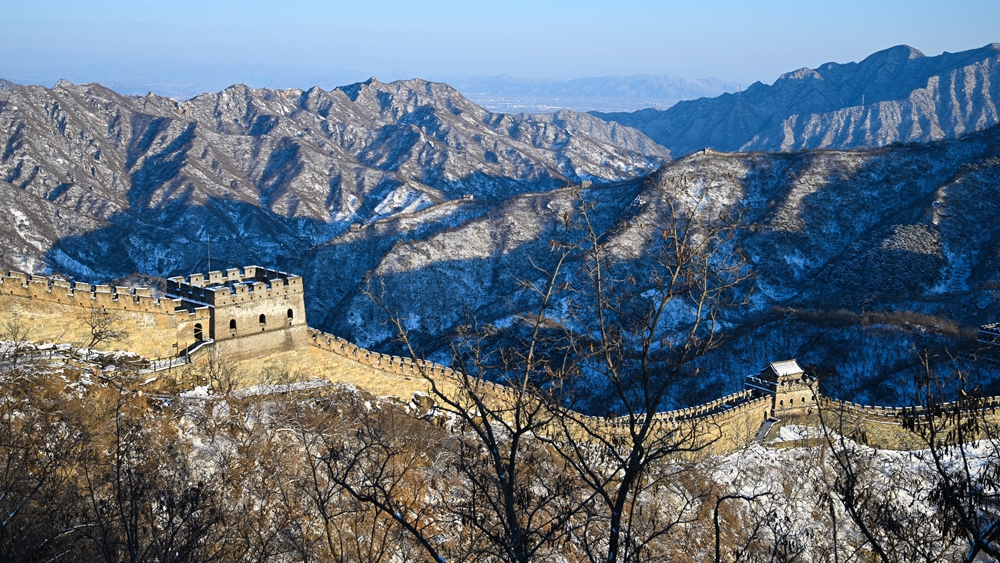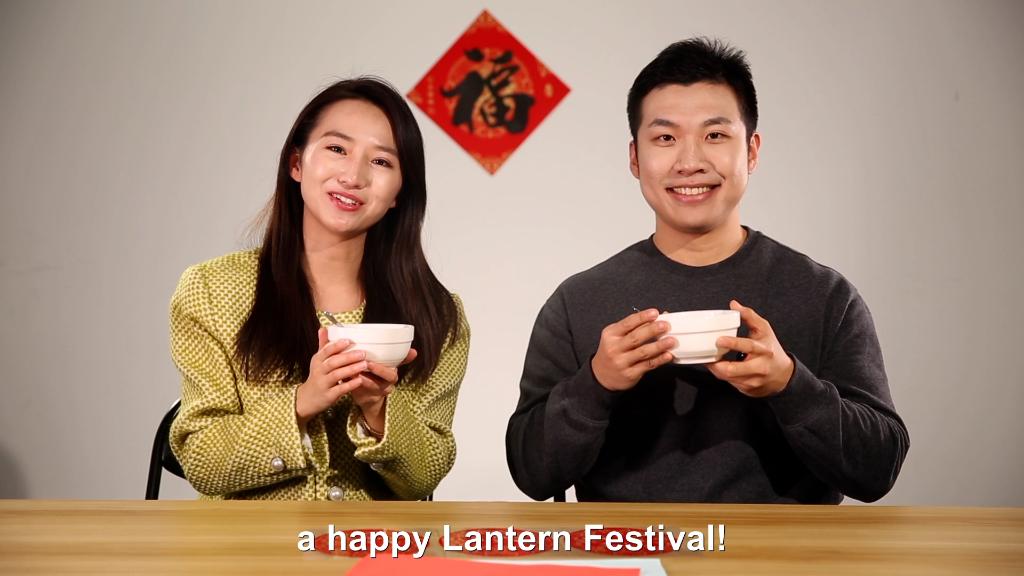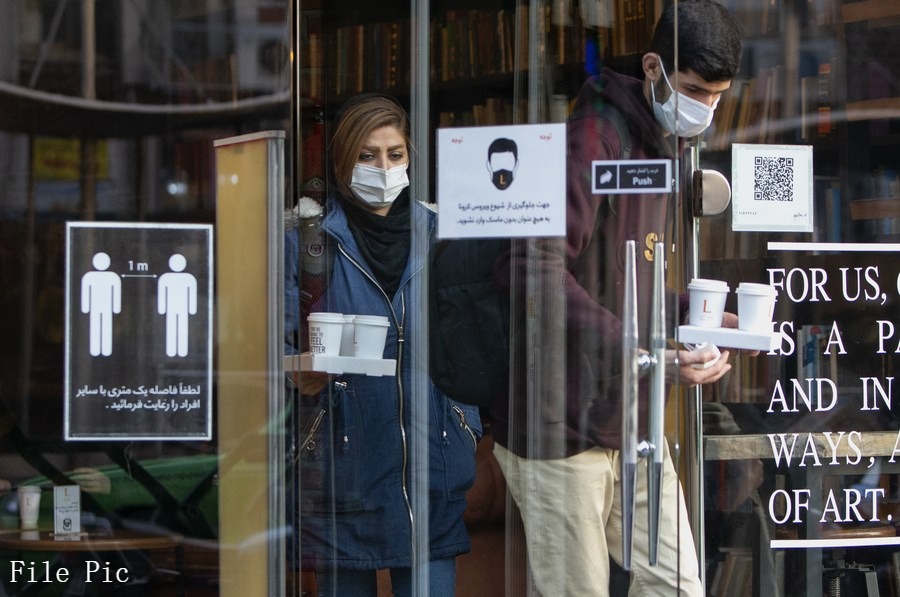
People wearing face masks buy coffee at a cafe in downtown Tehran, Iran, on Jan. 9, 2021. (Photo by Ahmad Halabisaz/Xinhua)
"What's going on? Why so expensive?" Iran's small businesses have been suffering from weak currency and rising inflation since May 2018, when the United States pulled out of a 2015 nuclear deal and reimposed its unilateral sanctions on Iran.
by Xinhua writer Gao Wencheng
TEHRAN, Feb. 17 (Xinhua) -- "Look, this poor fellow," Mahmoud, a coffee shop owner in Iran's capital Tehran, murmured to himself after receiving the latest list of raw coffee prices.
In less than one month, the raw coffee prices went up five times, he sighed.
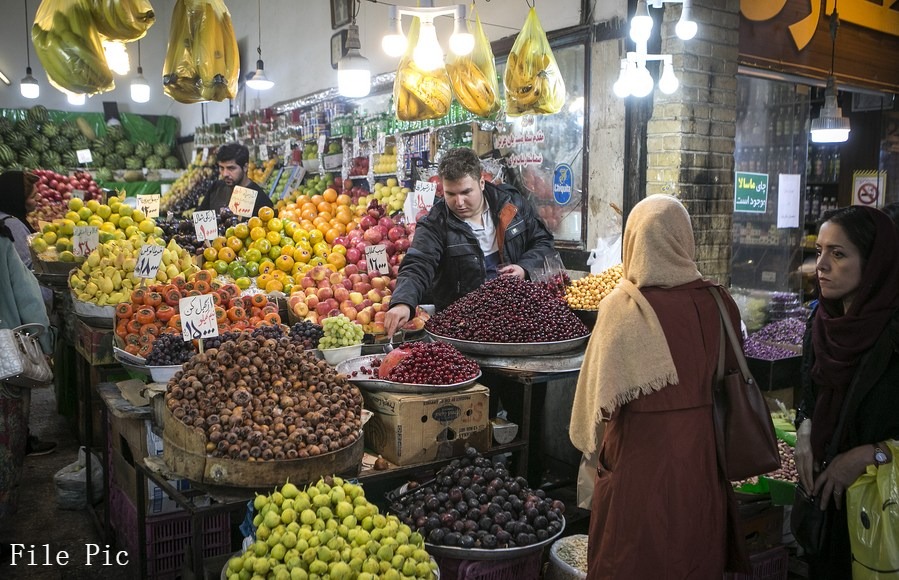
People buy fruit at a bazaar in Tehran, Iran, on Oct. 24, 2019. (Photo by Ahmad Halabisaz/Xinhua)
Even he doubled the price of each coffee shot, Mahmoud can't make enough profit to sustain his business. What's worse, the rising prices have already led to customer churn.
"I hated myself to raise coffee prices, and tried to sell my products at previous prices" until the latest price rise, which was sharp, Mahmoud regretted.
He recalled that some customers used to order one cup of coffee and a can of energy drink almost every day. Now they do not come to have a cup of coffee even every third day.
Mahmoud's story mirrors the impact of U.S. sanctions on his country. Ever since May 2018, when the United States, under former President Donald Trump, pulled out of a 2015 nuclear deal and reimposed its unilateral sanctions on Iran, Iran's currency has slumped eightfold, while the inflation has skyrocketed.
Iran's annual inflation rate stood at 42.4 percent in the Iranian calendar month that ended on Jan. 20, the Statistical Center of Iran reported. Data also showed that food prices were rising with an annual rate of above 60 percent.
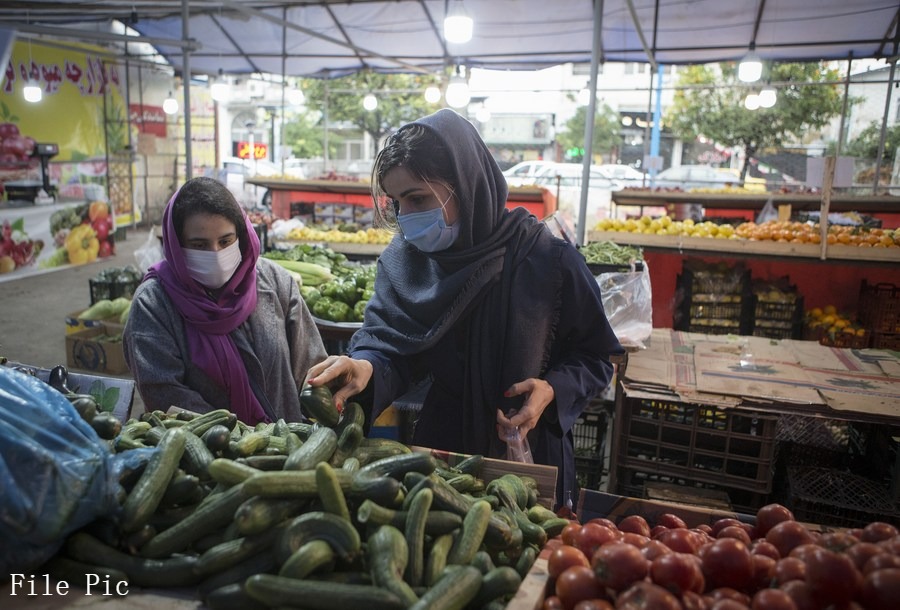
People wearing face masks buy food at a market in Tonekabon, Iran, Dec. 6, 2020. (Photo by Ahmad Halabisaz/Xinhua)
"Since the regular customers stopped to come frequently, I can't afford to buy new clothes and have to keep wearing the same pair of pants for one year," Mahmoud said.
"This is my purchasing power in terms of clothing items, let alone in terms of housing," he added. Rents in Tehran soared by 54 percent in January compared with last year, as real estate prices have been sevenfold since 2018, experts say.
The experience of Reza, a shoemaker in Tehran, was similar. "The sanctions have been the main cause of all these predicaments," he lamented.
It is difficult to get raw materials in the market nowadays, or even if he insists on buying the same ones, he has to pay twice the price he was charged before.
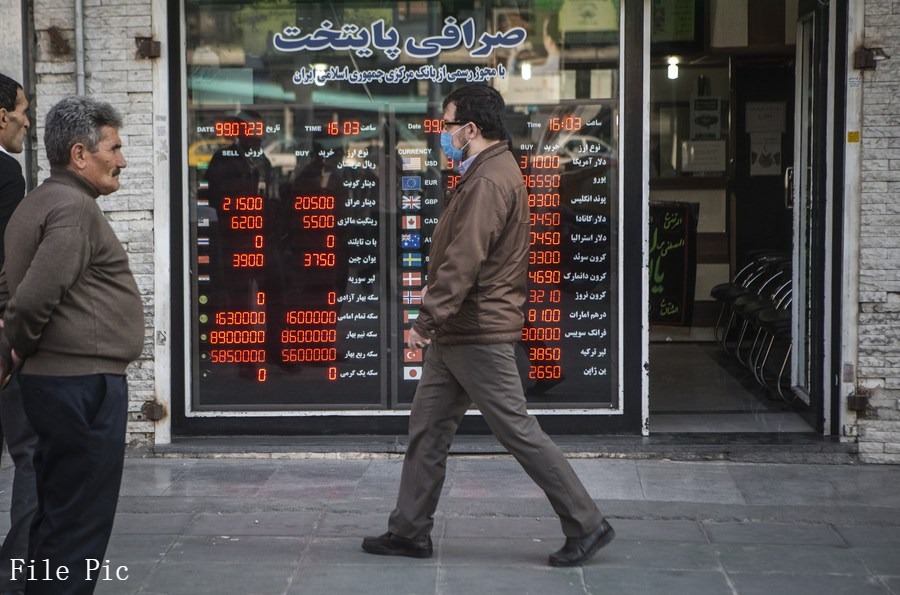
A man walks past a board showing the rates of currencies at a currency exchange center in central Tehran, Iran, Oct. 14, 2020. (Photo by Ahmad Halabisaz/Xinhua)
As a result, his final product, using the newly-purchased raw materials, will have to be priced twice. When Reza distributes them, the customer would ask: "What's going on? Why so expensive?"
Meanwhile, Hamzeh, an auto body mechanic, said that when there were no sanctions, car prices were low in the market and people had sufficient incomes. Moreover, spare parts were not as expensive as they are now.
Fixing minor damage to the car now "becomes difficult for those who are not rich," he said, adding that "the people's purchasing power has shrunk."
Hamzeh and his coworkers have to repair the spare parts instead of replacing them, meaning that more hard work today and less rewarding, he noted.■
